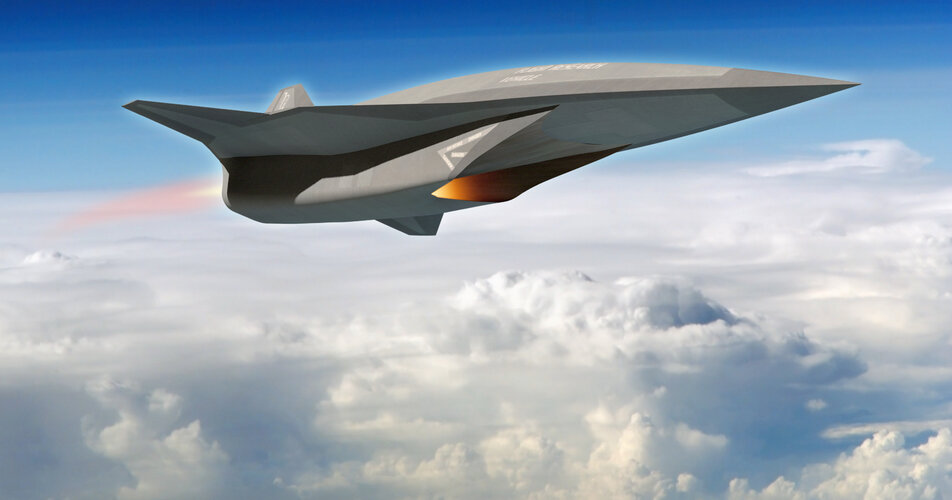In_A_Dream
ACCESS: Top Secret
- Joined
- 3 June 2019
- Messages
- 665
- Reaction score
- 663
Agreed. But satellite coverage is not what it was even a decade ago. It is getting close to continuous and omnipresent. Commercial imagery satellites pass over pretty much every part of the world ever day now and have the ability to reposition themselves for customers that will pay. And customers will. Vast amounts of online and new-agency imagery are now available free or at nominal cost because the data was gathered while a satellite was in transit to a job for a deep-pocketed customer. So even much of the time-sensitive strategic intelligence gathering can be done from orbit, with none of the dangers of overflight.
In addition, the nature of intelligence gathering has, I suspect, shifted, given modern communications. Processing open-source data alone is probably a major task. Much more resources probably go into communications and network surveillance now. With care, it can be done covertly and remotely. When its clumsy, the blowback still seems less erious than a downed plane. When you can listen to, record, and photograph leadership simply by activating favorite telephones that they carry with them and can disable a secret nuclear facility by putting a virus on an entire nation's home computers, you have less need for overflights. What few requirements that remain then have to justify their costs that much more.
What provided the on-demand ISR service prior to the recent growth in space imagery? The CIA doesn't mind exercising their power to conduct over-flights of sensitive areas around the world.







